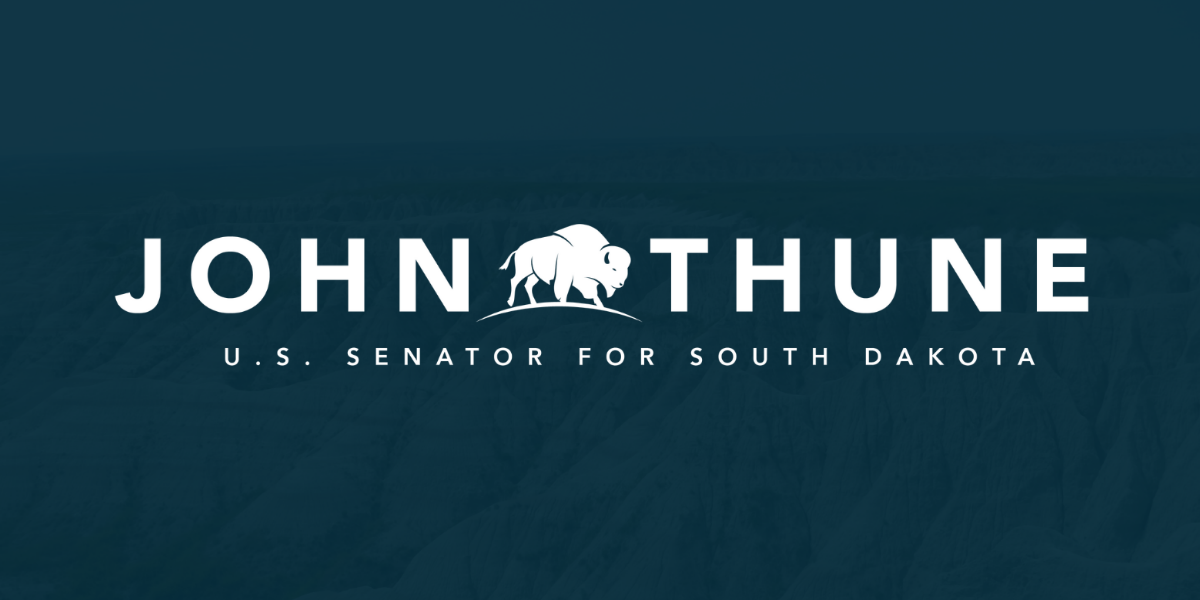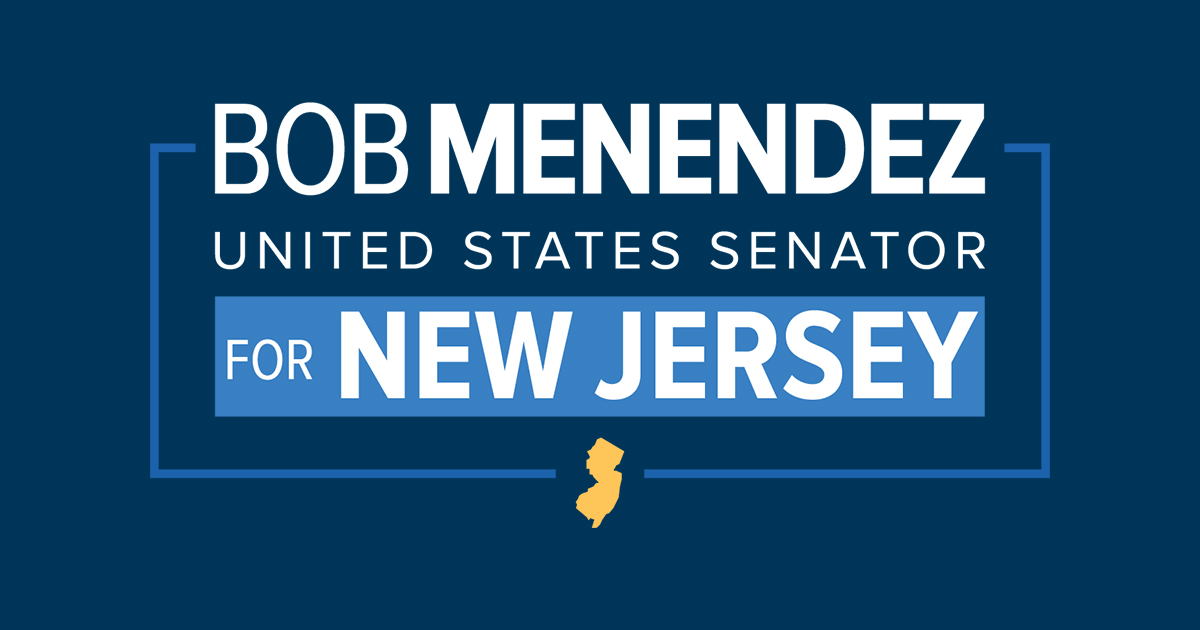Source: United States Senator for South Dakota John Thune
WASHINGTON — U.S. Sens. John Thune (R-S.D.); Bill Cassidy, M.D. (R-La.), ranking member of the Senate Committee on Health, Education, Labor, and Pensions; and Shelley Moore Capito (R-W.Va.), ranking member of the Appropriations Subcommittee on Labor, Health and Human Services, Education, and Related Agencies, today urged U.S. Department of Education (ED) Secretary Miguel Cardona to abandon the agency’s costly student loan forgiveness efforts and instead focus on preparing borrowers and loan servicers to resume student loan repayments. The senators’ letter also requests information regarding how much staff time and taxpayer dollars have gone toward setting up and carrying out the Biden administration’s student loan forgiveness agenda.
“We write to highlight the need for the ED to begin to prepare borrowers and federal student loan servicers for a return to federal student loan repayment without delay,” wrote the senators. “The date to restart the repayment of federal student loans approaches in late August based on the bipartisan Fiscal Responsibility Act (P.L. 118-5). To ensure ED has adequate resources available to do this, we request that you abandon all loan forgiveness activities that were not explicitly directed by Congress, which are an impediment to the smooth resumption of repayment.”
Full letter below:
Dear Secretary Cardona:
We write to highlight the need for the U.S. Department of Education (ED) to begin to prepare borrowers and federal student loan servicers for a return to federal student loan repayment without delay. The date to restart the repayment of federal student loans approaches in late August based on the bipartisan Fiscal Responsibility Act (P.L. 118-5). To ensure ED has adequate resources available to do this, we request that you abandon all loan forgiveness activities that were not explicitly directed by Congress, which are an impediment to the smooth resumption of repayment.
As you know, the Coronavirus Aid, Relief, and Economic Security (CARES) Act (P.L. 116-136) suspended the repayment of federal student loans held by ED through September 30, 2020, and halted the accrual of interest on these loans. Since the suspension authorized by Congress, ED has unilaterally extended the suspension eight times, including six times under the Biden administration. The initial pause and eight extensions will have cost taxpayers approximately $195 billion through August.
Over the course of the repayment pause, the Biden administration has pursued multiple avenues to forgive balances on federal student loans outright and proposed changes that would significantly reduce the amount of federal student loans that borrowers would be required to repay with no Congressional authorization.
Last August, President Biden directed an executive action at ED that would, if implemented, result in borrowers having a significant portion of their federal student loan balances wiped clean, including up to a staggering $20,000 for qualifying borrowers who received Pell Grants. To carry out the loan forgiveness portion of the executive action, ED stood up an online portal for qualifying borrowers to apply for their loan forgiveness. It is unclear how much ED spent setting up this portal, which was used to process millions of applications, and how many other resources ED devoted to its unauthorized loan forgiveness efforts that have consequently been unavailable to fund ED’s core responsibilities.
Also in response to the August 2022 executive action, ED proposed a rule that would establish a new income-driven repayment (IDR) plan, which would result in some future borrowers only being required to repay approximately half of their student loan balances, on average. ED also pursued a range of other executive initiatives, such as the “fresh start” initiative, an IDR waiver, and a Public Service Loan Forgiveness (PSLF) waiver with an online application. It is unclear how much funding, staff time, and other resources has been devoted to all of these other unauthorized programs.
On March 9, 2023, President Biden released his fiscal year (FY) 2024 budget request. Embedded within this request, ED argued that the FY 2023 appropriation for the Student Aid Administration account poses “significant risks” to ending the federal student loan repayment suspension and resuming repayment. However, it’s hard to have any sympathy for this alleged cash crunch given that ED has undoubtedly spent an immense amount of staff time and taxpayer dollars standing up various, questionably legal initiatives to forgive or reduce student loan balances.
Student loan servicers contracted to service ED’s loan portfolio have been forced to cut services for borrowers, including reduced call center hours, due to reduced payments from ED. Furthermore, Federal Student Aid has not yet allowed student loan servicers to reach out to borrowers in order to prepare them to restart repayment. And while these roadblocks to resuming repayment exist, it must not go unnoticed that the administration’s student loan forgiveness order, which sits before the U.S. Supreme Court, is an affront to the millions of Americans that do not have student loans because they already paid them off, worked their way through school to reduce or eliminate the need to take out student loans, or never went to college in the first place.
Rather than using staff time and taxpayer dollars on these misguided, unfair, and fiscally irresponsible loan forgiveness proposals, which would cost taxpayers more than $500 billion, ED should be directing these resources toward preparing borrowers and loan servicers to resume student loan repayment. This would help avoid the “unnecessary harm to borrowers” that you are warning about.
Please respond to the following, on a question-by-question basis, no later than June 21, 2023:
Please provide all records relating to the estimated and actual costs for planning, developing, and administering each of the programs listed below, as well as all records relating to the sources of funds used.
The student loan forgiveness plan announced on August 24, 2022;
The IDR proposed rule;
The “Fresh Start” initiative;
The IDR one-time adjustment waiver; and
The Limited PSLF waiver and application.
Please provide copies of all contracts relating to the development and administration of each of the programs listed in question 1, parts a-e.
Please provide the number of full and part-time employees assigned to work on each of the programs listed in question 1, parts a-e. Please specify whether any of the employees were new hires brought on to fulfill responsibilities associated with any of these programs.
Please provide copies of all change orders sent by Federal Student Aid to student loan servicers regarding the late August 2023 return to repayment and the dates when the materials were sent.
Sincerely,








